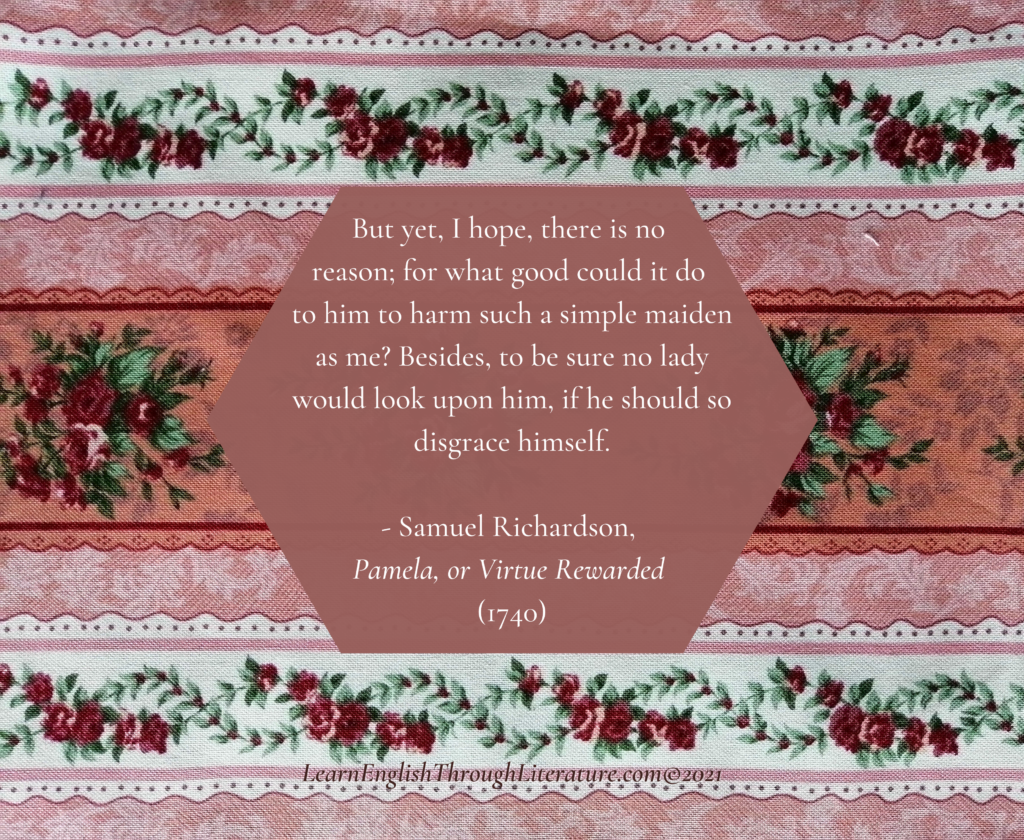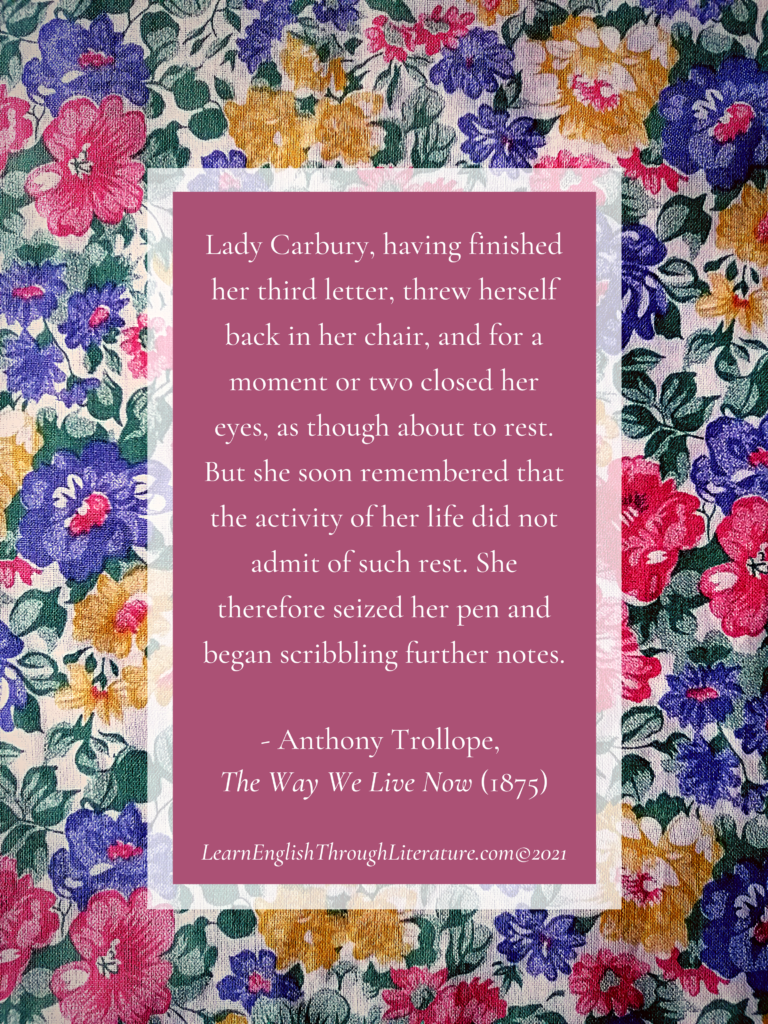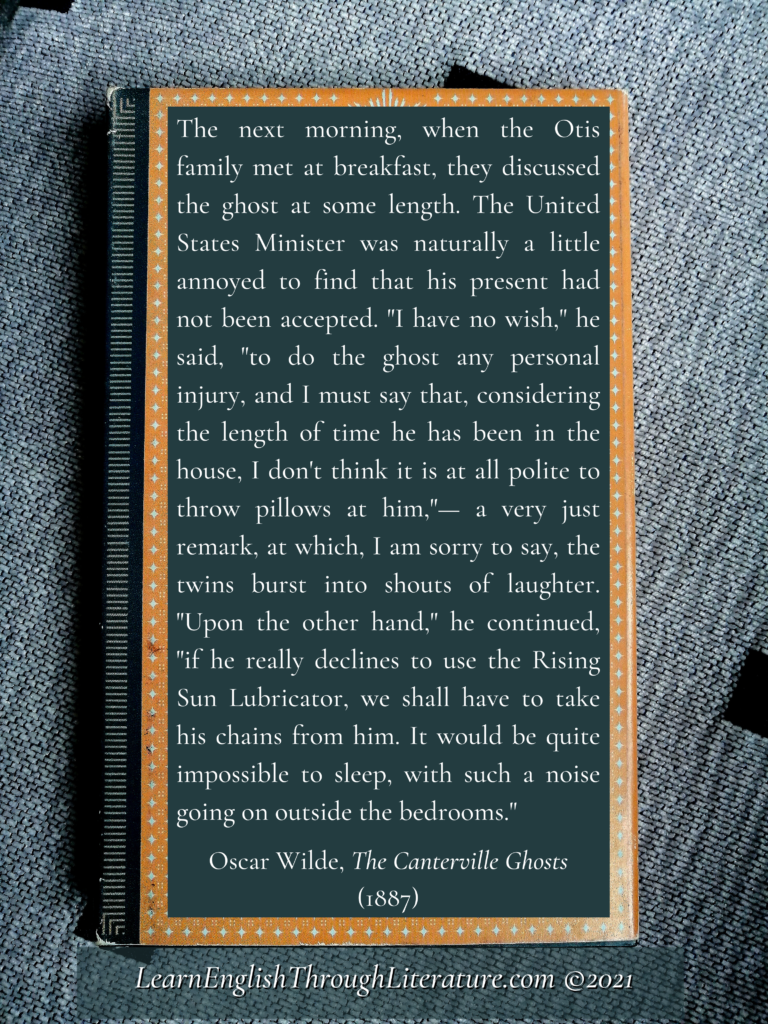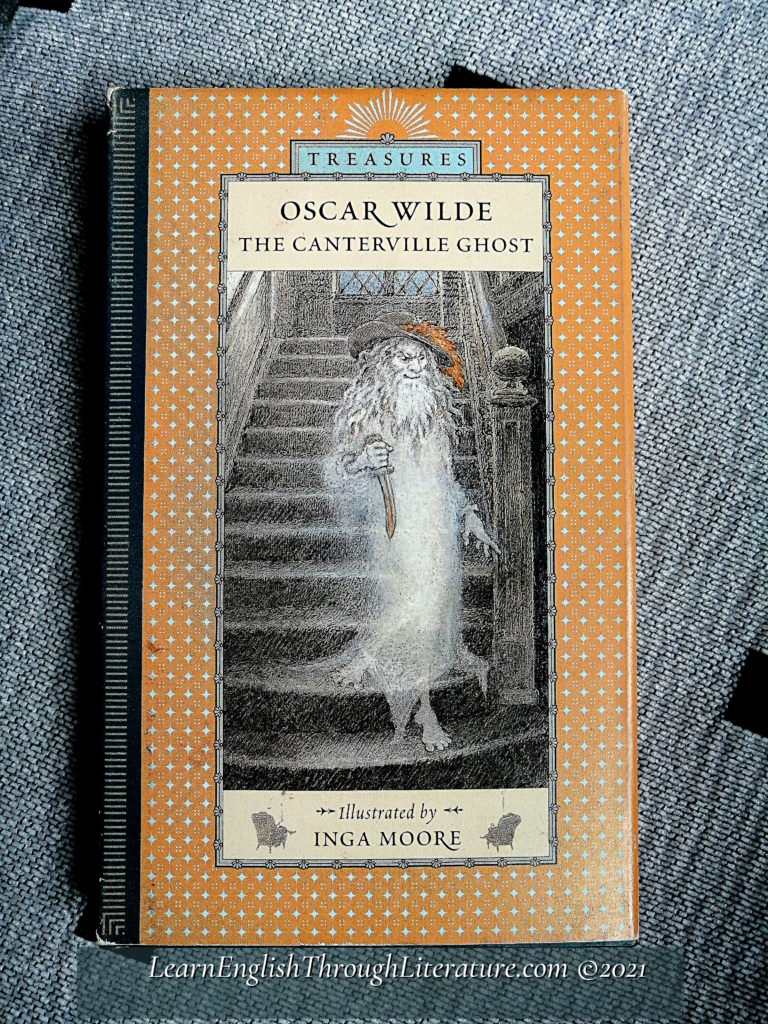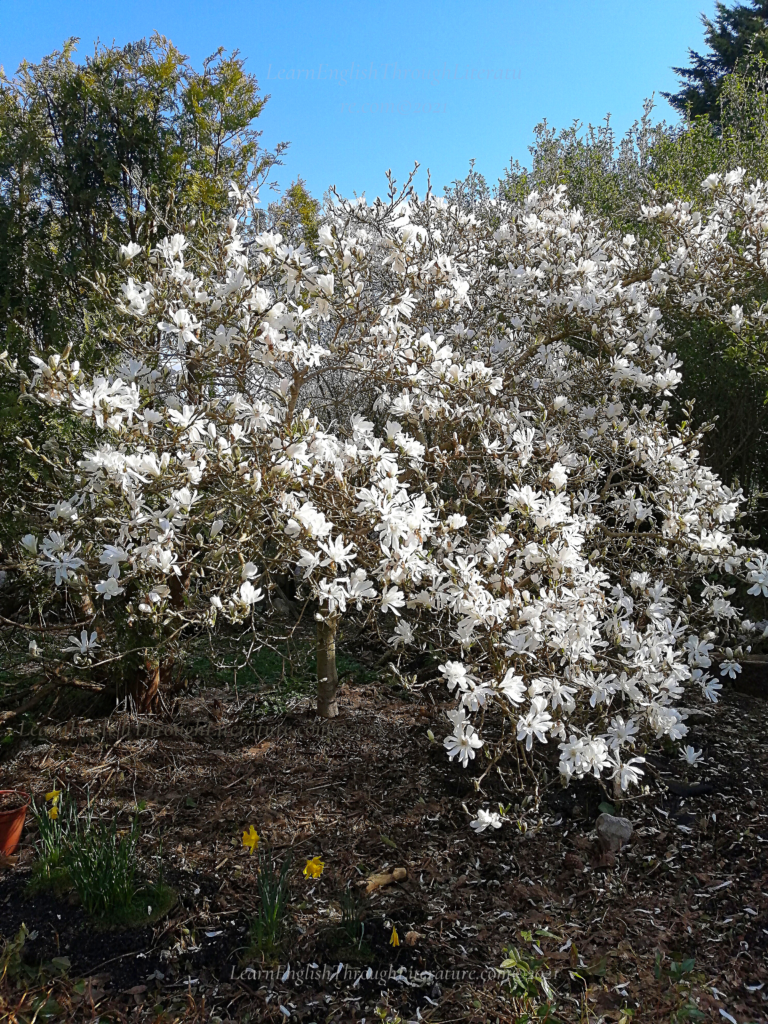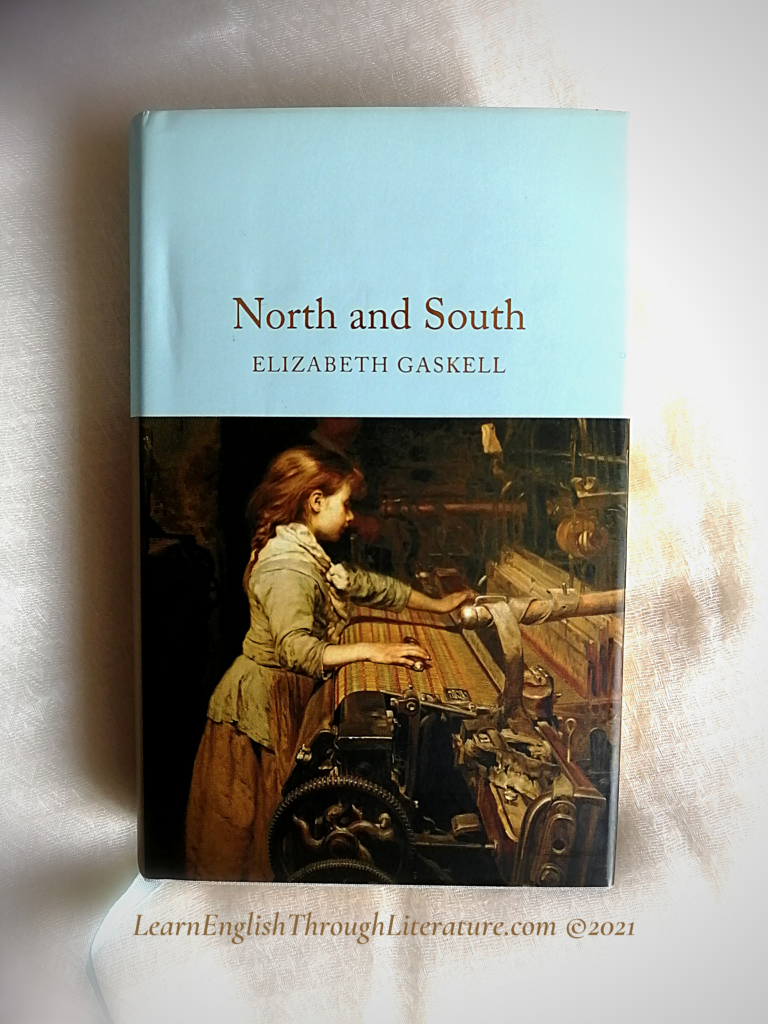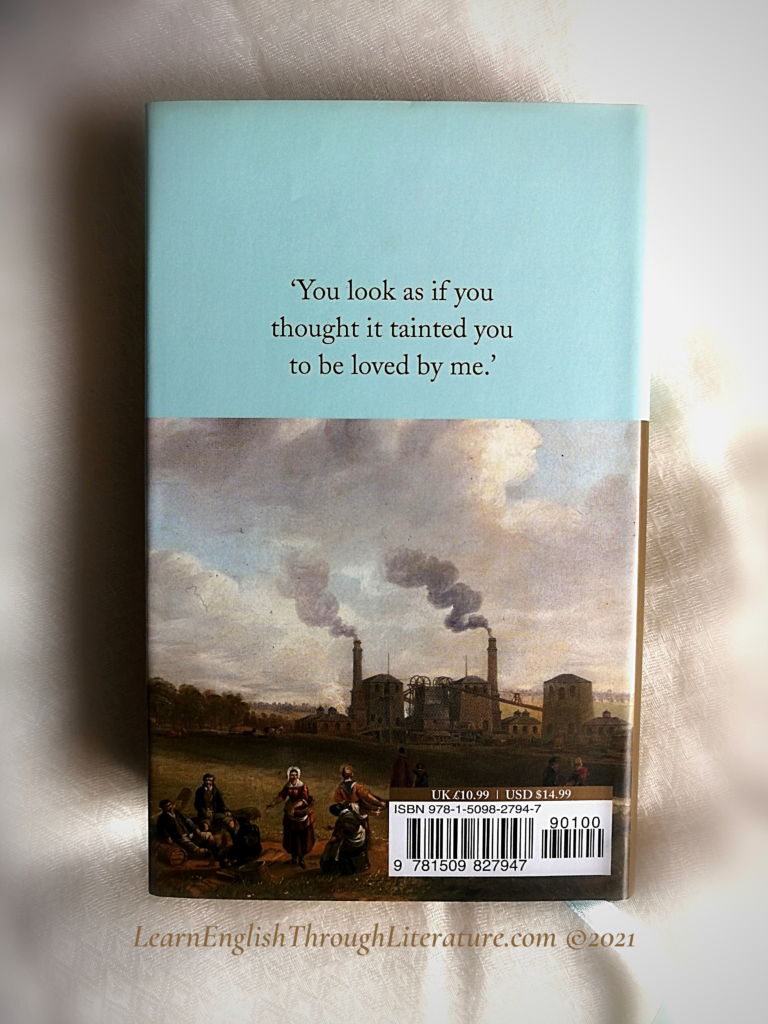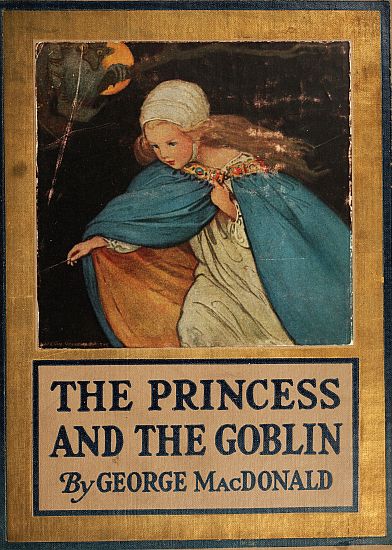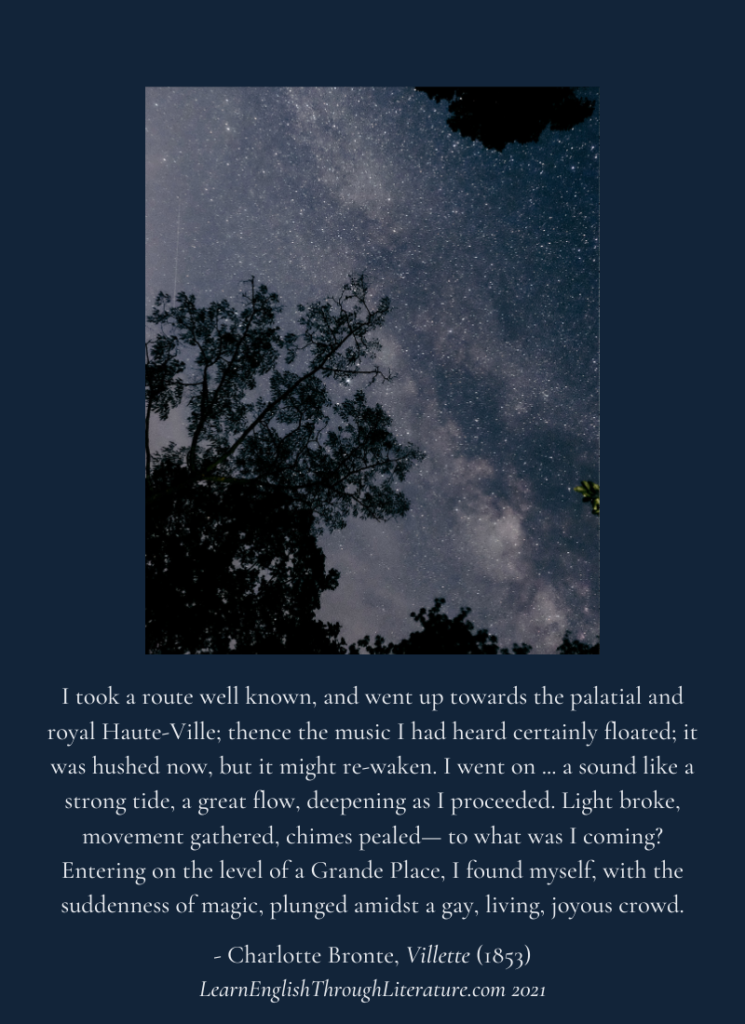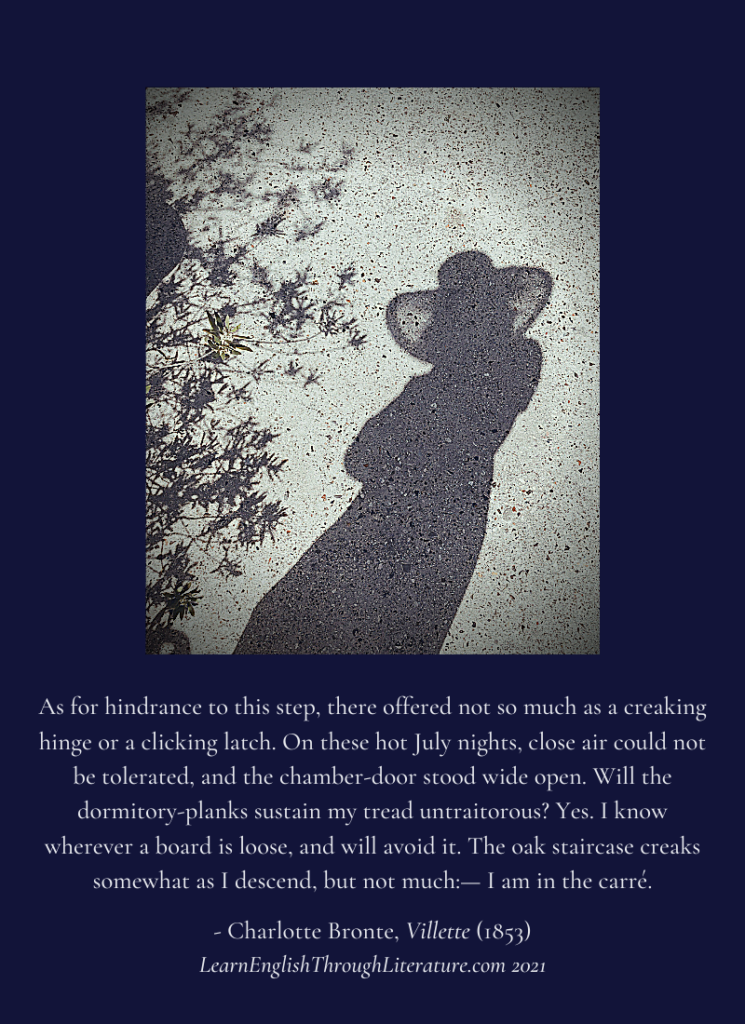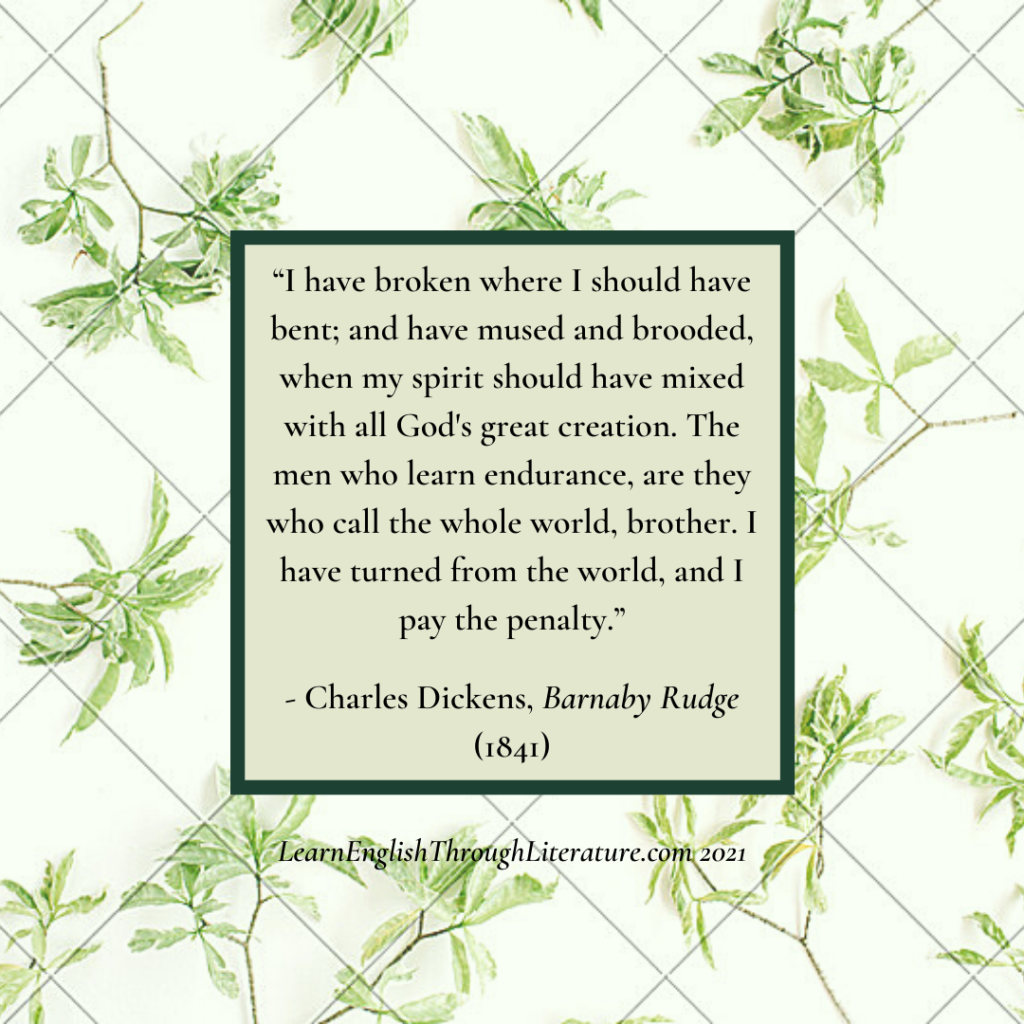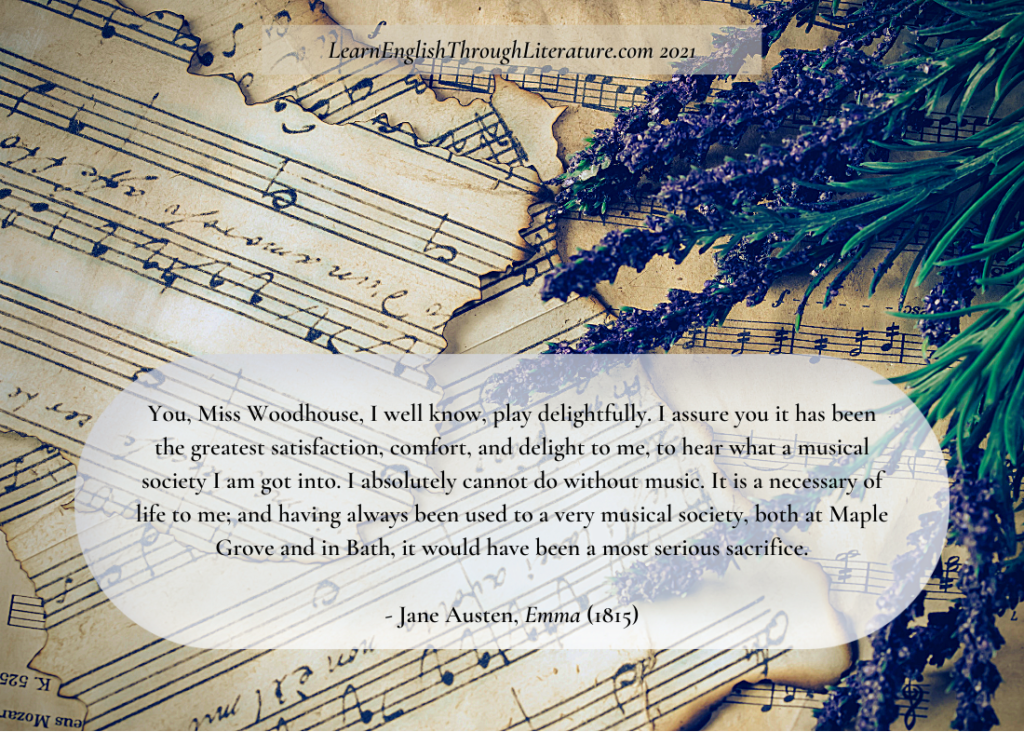Mini-Lesson Monday, Lesson #215 (Part 1): ‘Besides vs beside’, ‘Always vs alway’, ‘Forwards vs Forward’ – Different meanings and usages
Have you ever wondered what is the difference between words like ‘beside’ and ‘besides’? 💡 Believe me, one little letter makes all the difference in what the word means and how it can be used! Today’s Lesson in two parts looks at 3 ‘mistakable’ pairs of words: Besides vs beside Always vs alway Forwards vs […]

